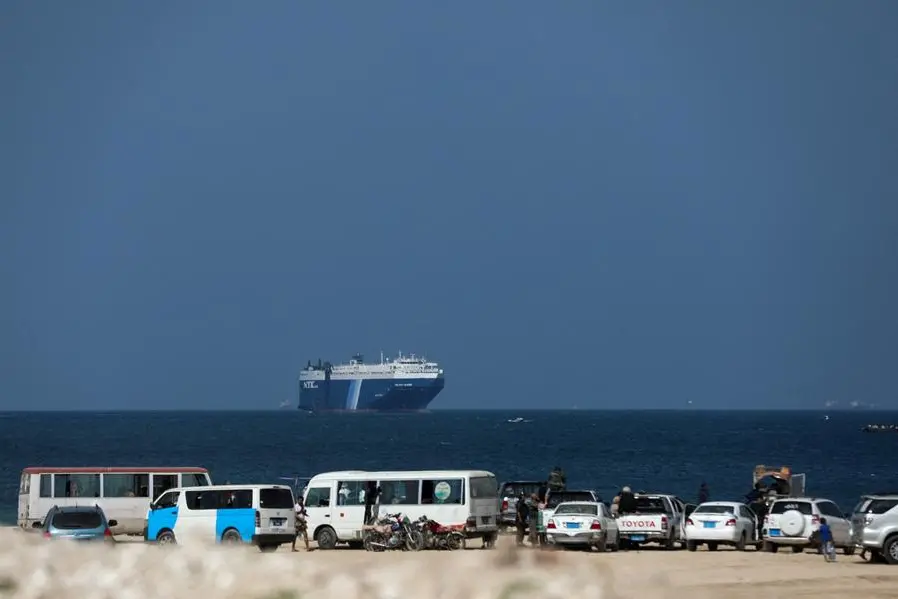The canal is a crucial source of foreign currency for Egypt, which is currently grappling with a severe financial crisis.
Since November, the Houthis have launched numerous attacks on ships in the Gulf of Aden and Red Sea. The group says the attacks are aimed at vessels with links to Israel in solidarity with Palestinians in the war-torn Gaza Strip.
The attacks have forced many major shipping firms to suspend passage through the Red Sea, which usually carries about 10 percent of global trade, and divert their vessels thousands of miles around Africa.
The canal recorded “during the financial year 2023/24 the passage of 20,148 ships, generating revenues of $7.2 billion, compared with 25,911 ships during the financial year 2022/23, with revenues of $9.4 billion”, the Suez Canal Authority said in a statement.
The financial year in Egypt runs from the beginning of July to the end of June of the following year.
Oussama Rabie, the president of the public body that administers the canal, attributed the decline to “the severe impact of the Red Sea crisis on traffic in the canal, because security problems encourage many ship owners and operators to take alternative routes”.
The use of these alternative routes has “resulted in an increase in travel times and costs”, he was quoted as saying in the statement.
